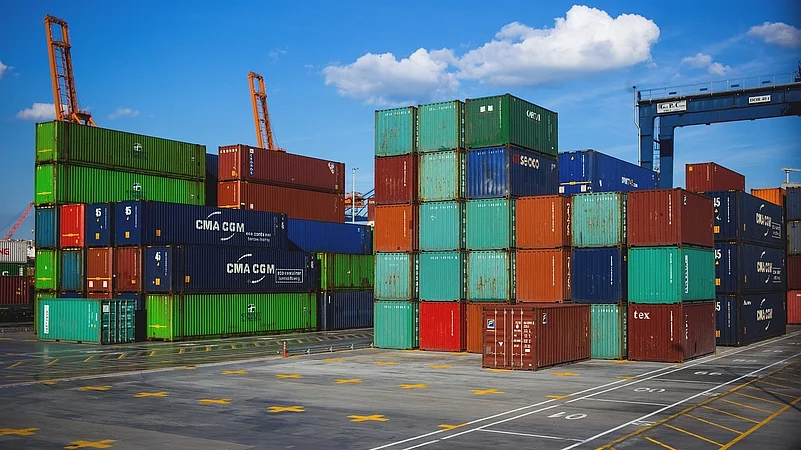India has proposed to impose retaliatory duties on selected US products to counter the additional duties on India-originated steel and aluminium products. India, on May 9, notified the World Trade Organisation of its intention to do away with the concession or other obligations in response to tariffs imposed by the US on the said products originating in India.
The US under Donald Trump administration revised the safeguard measures on imports of steel and aluminium articles, which came into effect from March for an unlimited duration. Now, it has imposed a 25% tariffs. This would result in a collection of $1.9bn in duties over $7.6bn worth of steel and aluminium imports in the US from India, a WTO notification said
In response to such a tariff, India has proposed to levy an equivalent amount of duties on selected products originating in the US. It is not the first time that the US has imposed a safeguard duty on the Indian-imported steel. The first Trump administration in 2018 had imposed additional duties on steel and aluminium of 25% and 10% ad valorem, respectively. India had then retaliated in 2019 by imposing additional tariffs on select good imports from the US.
However, both parties had agreed to end the duty-dispute under Joe Biden’s presidentship. In all, seven WTO disputes were ended by India and the US through negotiations. This time too, India has drawn the retaliatory duty card when both the countries are in discussions over bilateral trade agreement, and so the issue of tariffs on steel and aluminium imports will likely be one of the subject under consideration during the negotiations.
Earlier in April, India requested consultations with the US under the WTO's safeguard agreement, following the US decision to impose new tariffs. But, the US informed the trade body that the tariffs were imposed on national security grounds and should not be regarded as safeguard measures.
“The measures have not been notified by the US to the WTO, but are, in essence, safeguard measures,” India informed WTO adding that it maintains that the measures taken by the US are not consistent with the GATT 1994 and Agreement on Safeguards.
Although the additional duty on Indian steel and aluminium to the US would have affected the metal industry in India, the impact would have been limited as the country is largely better placed due to its diversified exports market. According to the data available on International Trade Administration, the US accounted for just over 3% of Indian steel exports. Also, according to a report by Geojit Investments, metal companies such as JSW Steel, Jindal Stainless, Vedanta, and Tata Steel have only 2-10% of exposure to the US market.

































